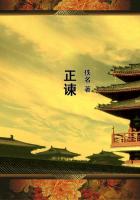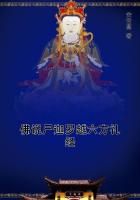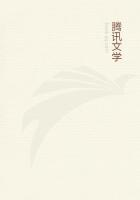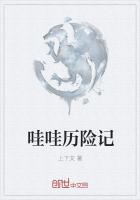Often the stormy wind is regarded as an evil being who may be intimidated, driven away, or killed. When storms and bad weather have lasted long and food is scarce with the Central Esquimaux, they endeavour to conjure the tempest by ****** a long whip of seaweed, armed with which they go down to the beach and strike out in the direction of the wind, crying Taba (it is enough)! Once when north-westerly winds had kept the ice long on the coast and food was becoming scarce, the Esquimaux performed a ceremony to make a calm. A fire was kindled on the shore, and the men gathered round it and chanted. An old man then stepped up to the fire and in a coaxing voice invited the demon of the wind to come under the fire and warm himself. When he was supposed to have arrived, a vessel of water, to which each man present had contributed, was thrown on the flames by an old man, and immediately a flight of arrows sped towards the spot where the fire had been. They thought that the demon would not stay where he had been so badly treated. To complete the effect, guns were discharged in various directions, and the captain of a European vessel was invited to fire on the wind with cannon. On the twenty-first of February 1883 a similar ceremony was performed by the Esquimaux of Point Barrow, Alaska, with the intention of killing the spirit of the wind. Women drove the demon from their houses with clubs and knives, with which they made passes in the air; and the men, gathering round a fire, shot him with their rifles and crushed him under a heavy stone the moment that steam rose in a cloud from the smouldering embers, on which a tub of water had just been thrown.
The Lengua Indians of the Gran Chaco ascribe the rush of a whirl-wind to the passage of a spirit and they fling sticks at it to frighten it away. When the wind blows down their huts, the Payaguas of South America snatch up firebrands and run against the wind, menacing it with the blazing brands, while others beat the air with their fists to frighten the storm. When the Guaycurus are threatened by a severe storm, the men go out armed, and the women and children scream their loudest to intimidate the demon. During a tempest the inhabitants of a Batak village in Sumatra have been seen to rush from their houses armed with sword and lance. The rajah placed himself at their head, and with shouts and yells they hewed and hacked at the invisible foe. An old woman was observed to be specially active in the defence of her house, slashing the air right and left with a long sabre. In a violent thunderstorm, the peals sounding very near, the Kayans of Borneo have been seen to draw their swords threateningly half out of their scabbards, as if to frighten away the demons of the storm. In Australia the huge columns of red sand that move rapidly across a desert tract are thought by the natives to be spirits passing along. Once an athletic young black ran after one of these moving columns to kill it with boomerangs. He was away two or three hours, and came back very weary, saying he had killed Koochee (the demon), but that Koochee had growled at him and he must die. Of the Bedouins of Eastern Africa it is said that no whirl-wind ever sweeps across the path without being pursued by a dozen savages with drawn creeses, who stab into the centre of the dusty column in order to drive away the evil spirit that is believed to be riding on the blast.
In the light of these examples a story told by Herodotus, which his modern critics have treated as a fable, is perfectly credible. He says, without however vouching for the truth of the tale, that once in the land of the Psylli, the modern Tripoli, the wind blowing from the Sahara had dried up all the water-tanks. So the people took counsel and marched in a body to make war on the south wind. But when they entered the desert the simoon swept down on them and buried them to a man. The story may well have been told by one who watched them disappearing, in battle array, with drums and cymbals beating, into the red cloud of whirling sand.

